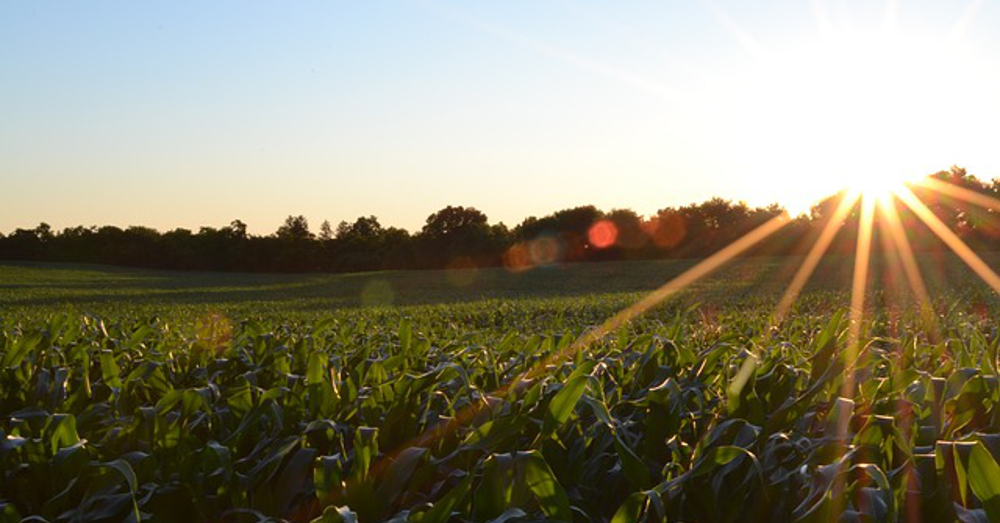
The Rise of Biodynamic Farming: A Return to ‘The Way Farmers Farmed for Millennia’
Biodynamic foods are more nutritious than conventionally farmed crops – but critics are questioning biodynamic farming’s ability to feed the masses
March 5, 2017 | Source: The Guardian | by Esha Chhabra
Biodynamic foods are more nutritious than conventionally farmed crops – but critics are questioning biodynamic farming’s ability to feed the masses
When John Chester, a filmmaker from California, quit his job to become a farmer, he didn’t do it out of a desire to “feed the world”. Instead, he says: “I’m trying to feed my neighbors – and if everyone did that, we would be able to replicate this.”
He is referring to Apricot Lane Farms, a 213-acre biodynamic and organic farm in Moorpark, California, that Chester runs with his wife, Molly. The couple nurtures 100 different types of vegetables, 75 varieties of stone fruit, and countless animal residents: Scottish highland cattle, pigs, chickens, sheep, ducks, hens, horses and livestock dogs. Last year, Apricot Lane Farms was recognized by the National Wildlife Federation and the North American Butterfly Association for supporting so much wildlife – not a recognition typically given to farms.
Apricot Lane is part of a growing movement in biodynamic farming. The number of biodynamic farms in the US is rapidly increasing, according to Elizabeth Candelario, co-director of Demeter USA, the nonprofit certifier of biodynamic farms and consumer products in the US. According to Demeter, the total acreage for biodynamic farming in the US increased by 16% last year, totaling 21,791 acres.
Earlier this year, Demeter began collecting topsoil samples from biodynamic farms. This will help the organization determine if the soil quality is improving year after year on certified biodynamic farms. According to Candelario, Demeter is the only national farming organization implementing this practice. “This will provide a tool for farmers who continue to focus on building healthy soil, and give voice to power about biodynamic agriculture’s role in mitigating the impacts of climate change,” she says.
